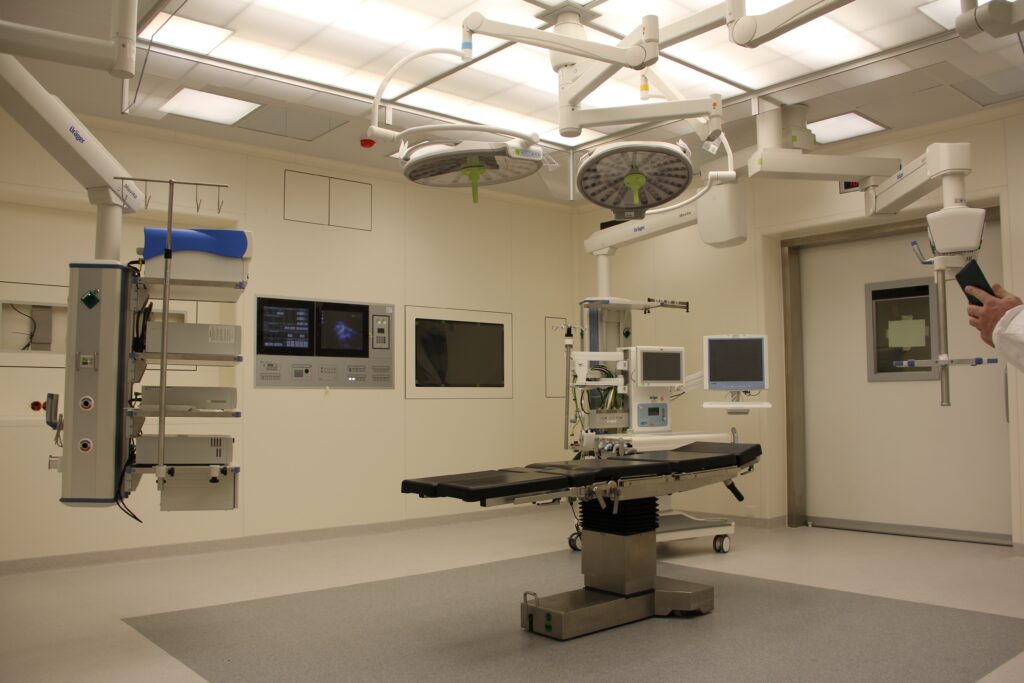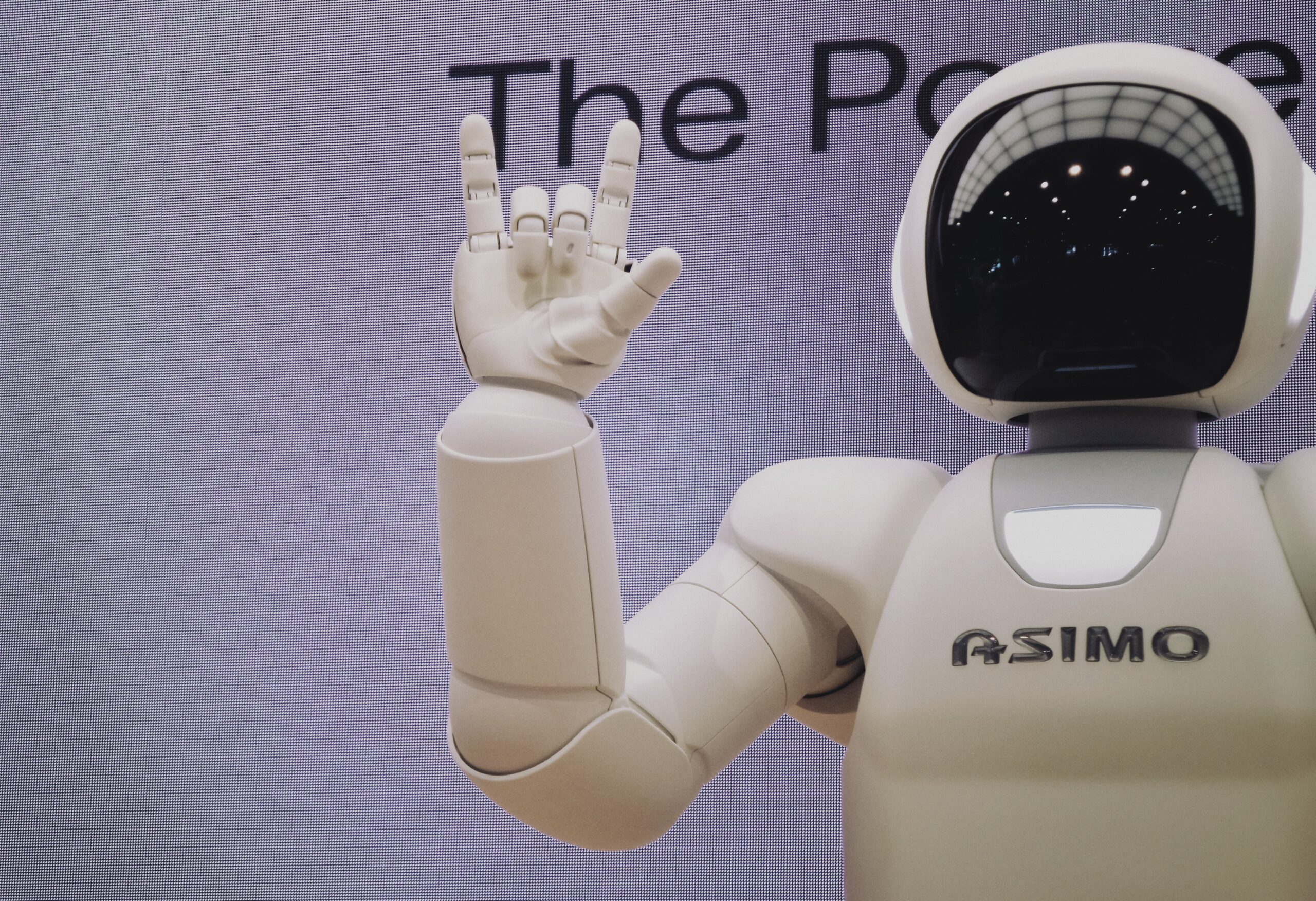In recent years, artificial intelligence (AI) and machine learning (ML) have emerged as transformative technologies across various industries. One area where AI and ML have shown immense promise is healthcare. With their ability to analyze large amounts of data, identify patterns, and make accurate predictions, these technologies have the potential to revolutionize patient care, improve diagnostics, and enhance overall healthcare outcomes. In this article, we delve into the exciting possibilities that AI and ML offer in the realm of healthcare.
Enhancing Diagnostics and Personalized Medicine

One of the significant applications of AI and ML in healthcare is in the field of diagnostics. AI algorithms can be trained to analyze medical images, such as X-rays, CT scans, and MRIs, with incredible precision. By comparing patterns in these images with vast databases of previous cases, AI can assist radiologists in detecting abnormalities, providing early diagnosis of diseases like cancer, and aiding in the development of tailored treatment plans.
Moreover, AI and ML techniques can play a pivotal role in the advancement of personalized medicine. By analyzing vast genomic datasets, AI algorithms can identify genetic markers associated with specific diseases and help tailor treatment plans to individual patients. This approach holds tremendous potential for more effective and targeted therapies, ultimately leading to improved patient outcomes.
Streamlining Administrative Tasks and Workflow
Beyond diagnostics, AI and ML can alleviate the burden of administrative tasks and enhance the efficiency of healthcare workflows. Natural language processing (NLP) algorithms can analyze and extract relevant information from medical records, freeing up healthcare professionals’ time to focus on patient care. These algorithms can also aid in the automated coding of medical procedures, minimizing errors and ensuring accurate billing and documentation.
Additionally, AI-powered chatbots and virtual assistants can provide 24/7 support, answering patient queries, scheduling appointments, and offering basic medical advice. This not only improves patient satisfaction but also reduces the workload on healthcare staff, allowing them to allocate their time and expertise more effectively.
Preventing and Predicting Diseases
The predictive capabilities of AI and ML have immense potential in preventing and predicting diseases. By analyzing vast amounts of patient data, including electronic health records, genetic information, lifestyle factors, and environmental data, AI algorithms can identify risk factors and patterns that humans may overlook. This proactive approach enables healthcare providers to intervene early, implementing preventive measures and reducing the likelihood of disease occurrence.
For instance, AI-powered algorithms can assess a patient’s risk of developing chronic conditions like diabetes or heart disease. By continuously monitoring data from wearable devices and analyzing lifestyle patterns, AI can provide personalized recommendations to individuals, encouraging healthier behaviors and mitigating risks.
Enhancing Drug Discovery and Clinical Trials
The process of drug discovery and clinical trials is traditionally time-consuming and costly. However, AI and ML have the potential to revolutionize this aspect of healthcare as well. Machine learning algorithms can analyze vast amounts of biomedical data, such as scientific literature, clinical trial results, and drug interactions, to identify potential drug candidates and predict their effectiveness.
By accelerating the drug discovery process, AI can significantly reduce the time and cost involved in bringing new treatments to market. Additionally, ML algorithms can optimize clinical trial design by identifying patient populations that are most likely to respond positively to specific interventions. This targeted approach ensures more efficient trials and increases the chances of successful outcomes.
Ethical Considerations and Challenges

While the potential of AI and ML in healthcare is undoubtedly exciting, it is essential to address ethical considerations and challenges. Privacy and data security are of utmost importance when dealing with sensitive patient information. Robust measures must be in place to protect patient privacy and ensure that AI algorithms adhere to strict ethical guidelines.
Moreover, the adoption of AI and ML in healthcare requires extensive collaboration and interdisciplinary efforts. It is crucial to foster cooperation between healthcare professionals, data scientists, researchers, and policymakers to ensure responsible implementation and avoid potential biases or disparities.
Conclusion
The integration of artificial intelligence and machine learning in healthcare has the potential to revolutionize patient care, diagnostics, and treatment outcomes. From enhancing diagnostics and personalized medicine to streamlining administrative tasks, preventing diseases, and optimizing drug discovery, these technologies offer countless possibilities for improving healthcare delivery.
However, it is important to navigate the ethical considerations and challenges associated with AI and ML implementation, ensuring patient privacy and avoiding biases. By fostering collaboration and responsible implementation, we can harness the transformative power of AI and ML to create a future where healthcare is more accurate, efficient, and personalized than ever before.
FAQs
How can AI and machine learning improve diagnostics in healthcare?
Answer: AI algorithms can analyze medical images, such as X-rays and MRIs, with precision, aiding in the early detection of abnormalities and assisting radiologists in developing tailored treatment plans. Additionally, AI can analyze genomic data to identify genetic markers associated with specific diseases, leading to personalized medicine.
How can AI and ML streamline administrative tasks in healthcare?
Answer: Natural language processing algorithms can extract relevant information from medical records, automating administrative tasks and freeing up healthcare professionals’ time. AI-powered chatbots and virtual assistants can also provide 24/7 support, schedule appointments, and answer patient queries, enhancing workflow efficiency.
What role can AI and ML play in preventing and predicting diseases?
Answer: By analyzing vast amounts of patient data, including health records, genetic information, and lifestyle factors, AI algorithms can identify risk factors and patterns that may go unnoticed. This enables proactive interventions, implementing preventive measures, and reducing the likelihood of disease occurrence.
How can AI and ML revolutionize drug discovery and clinical trials?
Answer: Machine learning algorithms can analyze biomedical data to identify potential drug candidates and predict their effectiveness. This accelerates the drug discovery process, reducing time and costs. Additionally, ML algorithms can optimize the clinical trial design by identifying patient populations likely to respond positively to specific interventions.
What are some ethical considerations associated with the use of AI and ML in healthcare?
Answer: Privacy and data security are crucial when dealing with sensitive patient information. Robust measures must be in place to protect patient privacy and ensure adherence to ethical guidelines. Collaboration between healthcare professionals, data scientists, researchers, and policymakers is necessary to address biases and disparities and ensure responsible implementation.

